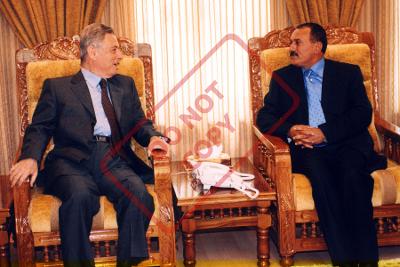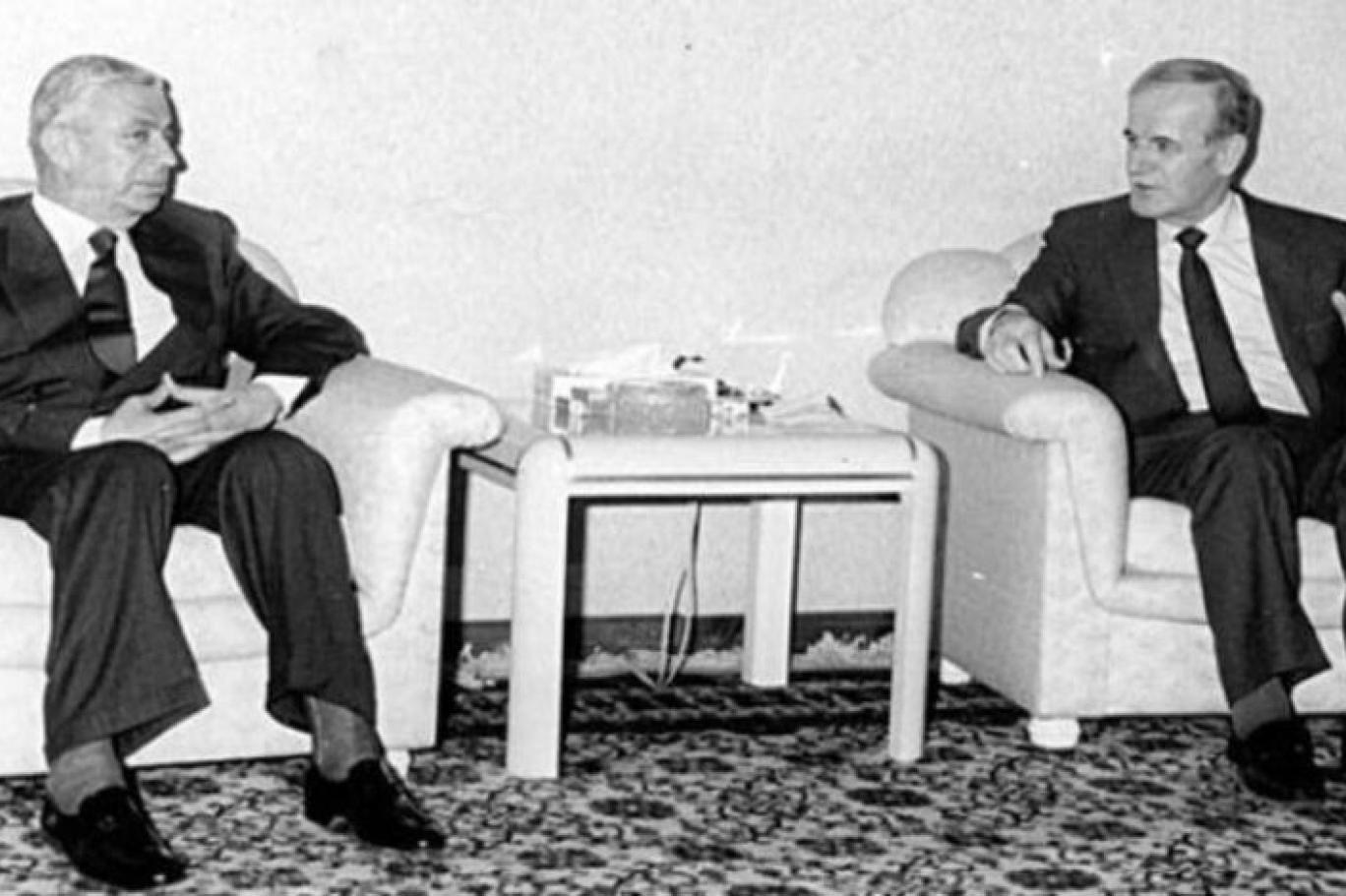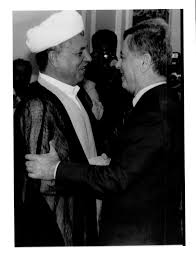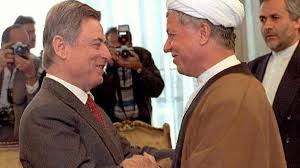RIYADH, Jan. 16 — Syrian mediation defused a dispute between Saudi Arabia and Yemen that appeared to have pushed the two countries close to open hostilities, the official Saudi Press Agency said Monday. The news agency said Syrian President Hafez Assad sent top-level foreign policy aides to Sanaa and Riyadh and ‘the two parties agreed to return to the situation before escalation and not resort to force.’ The agency quoted a communique as saying the two sides looked forward to resuming bilateral talks ‘to solve the outstanding border problems and at the same time expressed their determination to create appropriate circumstances for the success of bilateral negotiations and the normalization of relations between them.’ The agency said Syrian Vice President Abdul Halim Khaddam and Foreign Minister Farouk al-Sharaa visited Sanaa, the Yemeni capital, last week and spent three days in Riyadh for consultations with King Fahd of Saudi Arabia and members of his government. It said they left Sunday after the agreement was reached. The communique was the first Saudi reaction to the latest dispute between Riyadh and Sanaa in a long-simmering disagreement over territorial claims and accusations of border violations. Unconfirmed press reports have referred to troops massing on both sides of the border, and clashes in a remote and inaccessible area believed to have rich oil deposits. In addition to their border dispute, tension between the two countries peaked during the Gulf War, when Yemen sided with Iraq. Anger flared again last year when Sanaa believed Riyadh was sympathizing with the southern Yemenis attempting to secede from the republic, which was formed in 1990.
‘It is in the interests of the Syrians to defuse the crisis a get Arab attention focused on the peace process with Israel,’ a Riyadh- based diplomat said. Noting the several rounds of seemingly fruitless talks between the Saudi Arabia and Yemen, the diplomat said, ‘What is needed is a political will to forge ahead and settle outstanding issues. It remains to be seen whether the Syrian mediation managed to provide that or not.’




